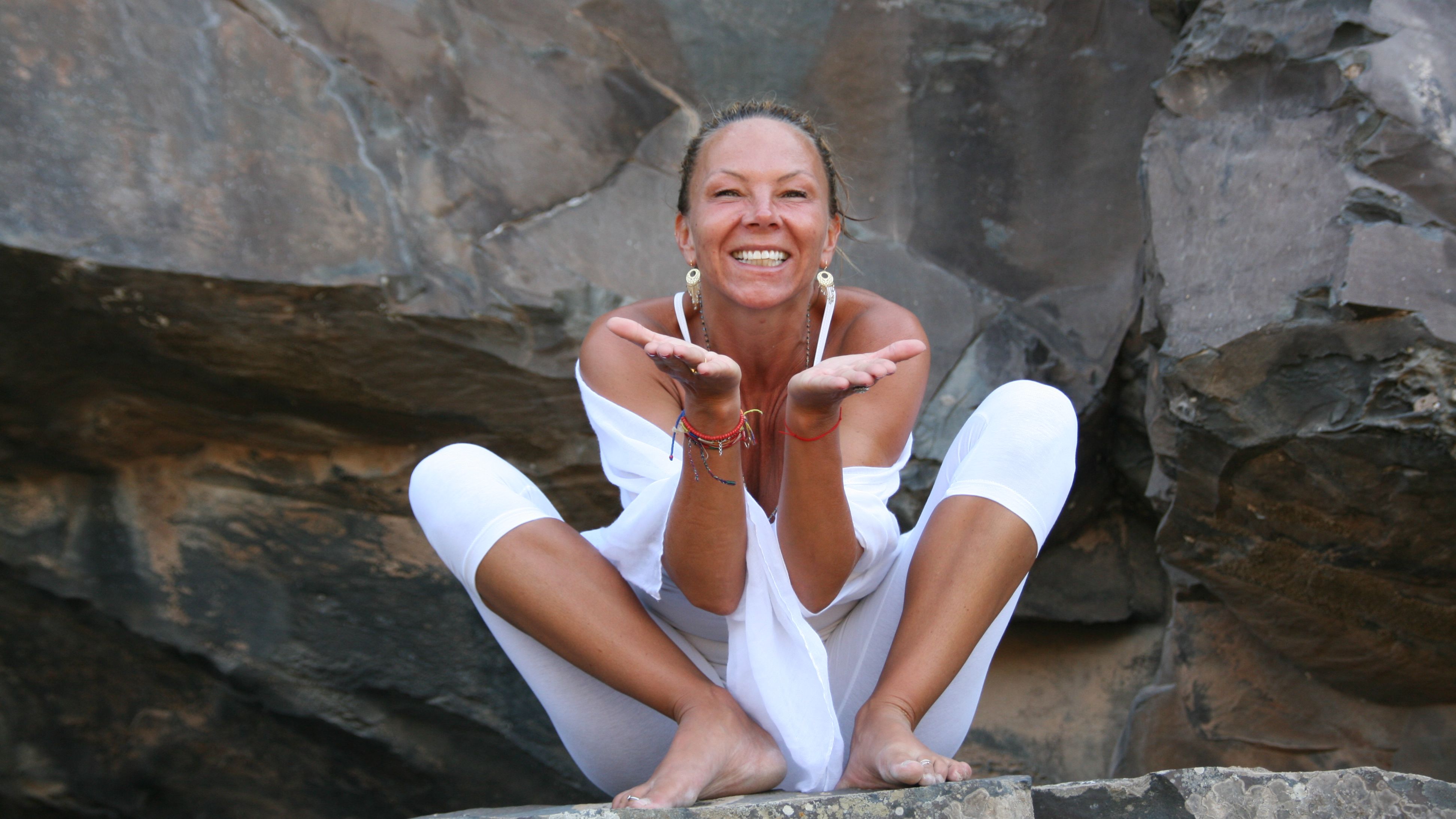The Gift of Humility
Apr 11, 2025
Letting Go of Judgment and Honoring Every Soul’s Journey
Something worth contemplating on. It is easy to look at someone else’s life and form an opinion, to believe we understand their choices, their struggles, and their path. We filter what we see through the lens of our own experiences, our beliefs, and the stories we tell ourselves about right and wrong, success and failure, wisdom and ignorance. But when we judge others, we do not define them, we define the limits of our own understanding.
In truth, every soul is walking a path that we cannot fully see. Every heart carries burdens we do not know. And every journey unfolds according to its own divine rhythm, shaped by unseen forces, past experiences, and lessons that are meant only for that individual to learn.
To embrace this truth is to practice humility, the quiet surrender of the need to judge, control, or fix others. It is to step back and honor the sacred unfolding of each person’s life, trusting that they, too, are on their way home to themselves.
The Illusion of Judgment
Psychologists describe a concept called the fundamental attribution error, our tendency to judge other people's actions as a reflection of their character while justifying our own behavior based on circumstance. If someone is late, we may assume they are careless, but if we are late, we explain it as an unavoidable accident. This bias blinds us to the complexities of human life.
Judgment is an illusion because it assumes we see the full picture. But we do not. We see only fragments, fleeting moments, and outward appearances. What looks like failure may be the first step in someone’s awakening. What seems like recklessness may be a necessary rebellion against a life that no longer serves them. What appears to be weakness may be the bravest act of surrender.
Yogic philosophy teaches us that the world we perceive is shaped by our own gunas, the qualities of nature that color our awareness. When we operate from tamas (inertia and ignorance), we see life through a lens of resistance, assuming our perspective is the only truth. When we are caught in rajas (passion and restlessness), we react impulsively, quick to judge and criticize. But when we cultivate sattva (clarity and wisdom), we see the interconnectedness of all things. We recognize that just as the river does not judge the mountain for being tall or the valley for being low, we too must allow each soul to be as they are, trusting that their journey is unfolding exactly as it needs to.
Humility – The Wisdom of Letting Go
To live with humility is not to diminish ourselves but to recognize that we are not in a position to define another person’s journey. Life is not a one-size-fits-all experience. Each of us carries a different karma, a different dharma, and a different unfolding of lessons meant to shape us.
Humility teaches us to let go of the illusion that we know what is best for another. It invites us to step out of the role of judge or savior and instead become witnesses; silent, loving observers who honor the sacredness of each person’s path.
This means recognizing that:
- Every soul has its own timing. Just because we see the path does not mean it is time for someone else to walk it.
- Growth is not linear. People evolve in spirals, often returning to old patterns before they are truly ready to break free.
- We are not here to rescue others from their lessons. True love allows people the dignity of their own learning, trusting that their struggles will shape them in ways we cannot foresee.
Compassion, Not Control
Letting go of judgment does not mean abandoning discernment. It does not mean we agree with everything or passively accept harm. It means we choose compassion over control, curiosity over assumption, and respect over condemnation.
We can set boundaries while still honoring another’s path. We can walk away from what does not serve us while still holding space for others to grow. We can love people without needing them to be who we think they should be.
Instead of saying, I would never do that, we can ask, What might they be going through? Instead of labeling someone’s choices as right or wrong, we can remind ourselves that they are navigating life in the only way they know how.
Yoga teaches us Ahimsa, the practice of non-harm, not just in action, but in thought and judgment. Every time we criticize, assume, or condemn, we create separation. But when we meet others with humility and understanding, we bridge the distance between souls.
Trusting the Journey’s, Theirs and Ours
Releasing judgment is an act of faith. It is trusting that every soul is learning what it needs to learn, in its own way, in its own time. It is surrendering our need to control or correct others and instead turning inward, focusing on our own growth, our own awareness, our own ability to love.
Because in the end, every person we judge is a mirror, reflecting back to us the parts of ourselves we have yet to accept. The more we soften our gaze toward others, the more we soften our gaze toward ourselves.
And isn’t that what we all long for? To be seen with kindness. To be met with grace. To be allowed the space to grow, stumble, rise, and become.
So let us live with open minds, open hearts, and the wisdom to know that just as we wish to be met with understanding, so too must we extend it to others. Because the world does not need more critics. It needs more love, more patience, and more space for each of us to walk our own path home.
Much Love, Wenche xx



